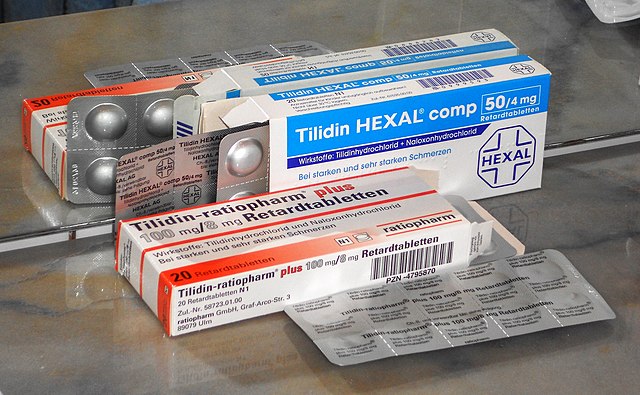Chemistry plays a crucial role in our everyday lives, influencing a wide range of activities and processes. It is an applied science that has practical applications in various aspects of our daily routines. Here’s an explanation of the role of chemistry in everyday life:
Page Contents
Toggle1. Food and Nutrition:
- Food Chemistry: Chemistry is involved in the composition, structure, and properties of food. Understanding chemical reactions during cooking, food preservation, and nutritional content relies on principles of chemistry.
2. Medicine and Pharmaceuticals:
- Drug Development: Chemistry is fundamental in the design and synthesis of pharmaceutical drugs. Medicinal chemistry explores the chemical properties of substances to develop safe and effective medications.

3. Cleaning and Hygiene:
- Cleaning Products: The formulation of soaps, detergents, and cleaning agents involves principles of chemistry. Surfactants, emulsifiers, and other chemical compounds contribute to the effectiveness of cleaning products.
4. Personal Care Products:
- Cosmetic Chemistry: Chemistry is integral to the development of cosmetics, lotions, and personal care products. Understanding chemical interactions helps create products that are safe and achieve the desired effects.
5. Energy Production and Storage:
- Fuel Chemistry: Chemistry is at the core of energy production, whether it’s in the combustion of fossil fuels or the chemical reactions in batteries. Advances in materials chemistry contribute to energy storage technologies.
6. Environmental Protection:
- Environmental Chemistry: Chemistry is crucial in understanding and addressing environmental issues. Analytical techniques help monitor pollutants, and green chemistry principles aim to minimize the impact of human activities on the environment.
7. Materials Science:
- Polymer Chemistry: The development of materials, including plastics, involves polymer chemistry. Understanding material properties at the molecular level contributes to advancements in technology and manufacturing.
8. Water Treatment:
- Water Chemistry: Chemistry is applied in water treatment processes, ensuring that water is safe for consumption. Chemical reactions are employed to remove contaminants and purify water.
9. Textiles and Clothing:
- Dye Chemistry: Chemistry is involved in the production of dyes and pigments used in textiles. Understanding chemical processes is essential for dyeing and finishing fabrics.
Understanding the principles of chemistry enhances our ability to address challenges, improve technologies, and make informed decisions in various aspects of our daily lives. Chemistry, as an applied science, continues to contribute to advancements that benefit society and the environment.












